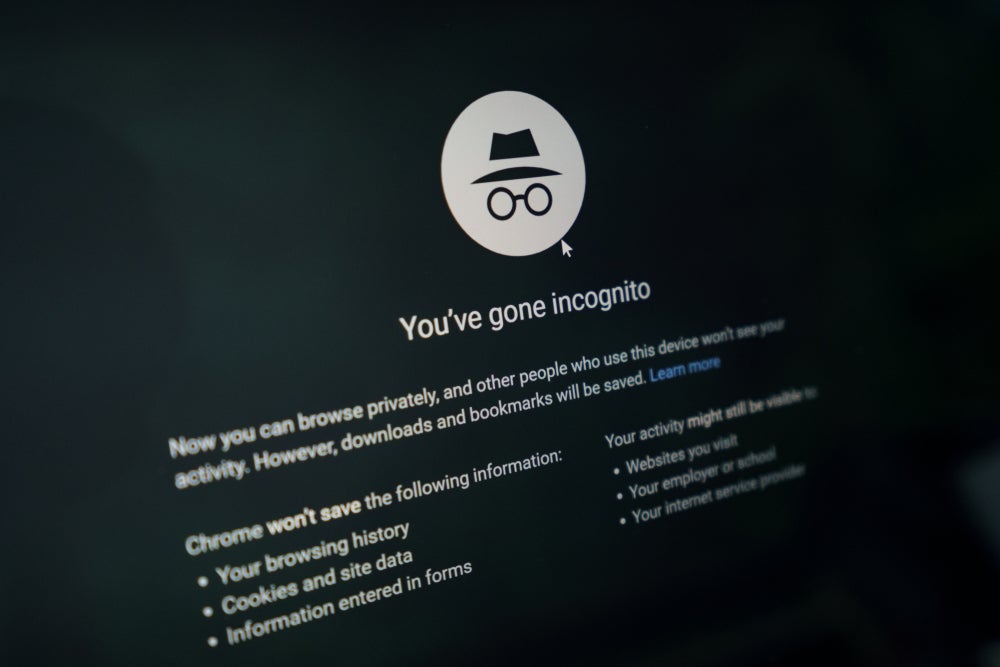
Google has found itself at the centre of a class action lawsuit after users allege that their personal information was collected while browsing in Chrome’s private “Incognito” mode.
According to Google, in Incognito mode Chrome won’t save your browsing history, cookies and site data, or information entered in forms. However, it states that activity and IP address may still be visible to websites visited, whoever runs the network that is being used, search engines and your internet service provider.

Access deeper industry intelligence
Experience unmatched clarity with a single platform that combines unique data, AI, and human expertise.
While the privacy-conscious may be aware that Incognito mode does not offer total anonymity, those involved in the class action, which was filed in the US District Court for the Northern District of California, claim that they were misled by Google as websites continued to collect data using Google tools such as Google Analytics and Google Ad Manager when data collection was turned off in Chrome. They allege that the tech giant violated federal wiretap laws and the invasion of privacy act.
The plaintiffs claim that Google tracks and collects consumer browsing history and other web activity data “no matter what safeguards consumers undertake to protect their data privacy”.
The complaint added that “Google must be held accountable for the harm it has caused to its users in order to ensure it cannot continue to engage in the covert and unauthorised data collection from virtually every American with a computer or phone”.
US district judge Lucy Koh in San Jose, California said: “The court concludes that Google did not notify users that Google engages in the alleged data collection while the user is in private browsing mode.”

US Tariffs are shifting - will you react or anticipate?
Don’t let policy changes catch you off guard. Stay proactive with real-time data and expert analysis.
By GlobalDataBloomberg reported that Google’s parent company Alphabet was unsuccessful in its initial attempt to quash the lawsuit after the federal judge rejected the attempt last week.
In a statement, Google said: “We strongly dispute these claims and we will defend ourselves vigorously against them. Incognito mode in Chrome gives you the choice to browse the internet without your activity being saved to your browser or device. As we clearly state each time you open a new incognito tab, websites might be able to collect information about your browsing activity during your session.”
The news follows big tech companies finding themselves under increased scrutiny for how they handle consumers’ private information.
Google has made a commitment to remove support for third-party cookies from 2022. Earlier this month the company confirmed that it would not be replacing third-party cookies with alternative tracking tools.
Read More: Brave announces privacy-led search amid Google cookie backlash.







